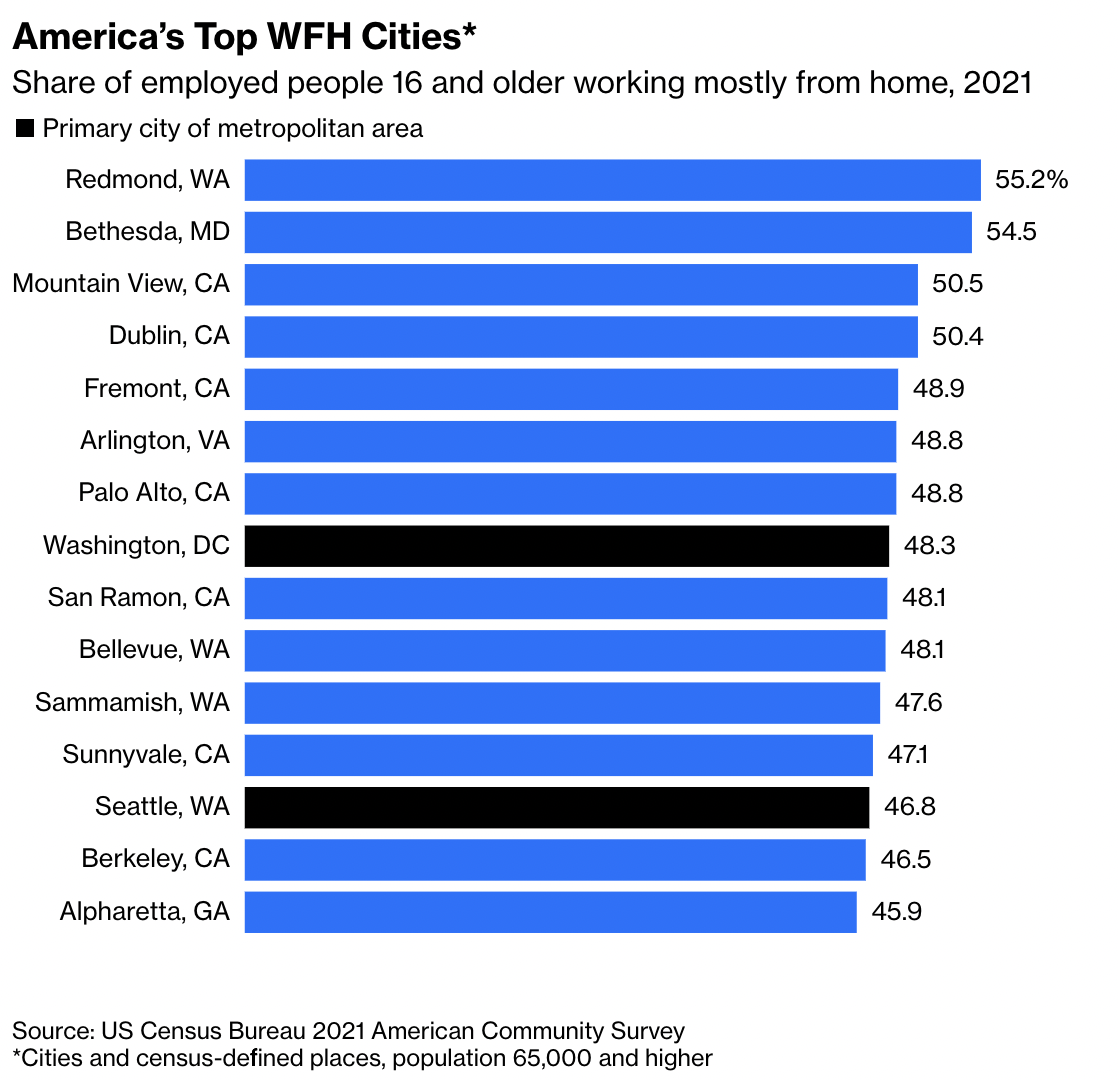Organization of the Petroleum Exporting Countries (Opec) and its allies, a group that includes Saudi Arabia and Russia, have said that they would slash production by two million barrels a day, the biggest reduction by the group since the height of the pandemic in 2020, when they had decided to cut production by 10 million barrels a day due to the oversupply of oil relative to demand. This production cut was in place until April 2022. At the peak of the pandemic, as countries remained under lockdowns, crude had briefly traded at negative prices.
The group wants to stabilise crude prices, which have fallen in recent months as the world economy slows under the lingering impact of the pandemic, especially in China, and the war in Ukraine. It is going ahead with the production cuts — as several members are already pumping far below their official quotas, the actual impact on global supplies would be about 1 million barrels a day, estimated to be a reduction of about 1% of global supplies — despite pleas from the US and other countries to pump more so that the world economy, especially vulnerable low-income economies, is spared the pain of high fuel costs.
You might also like
Will OPEC oil output cut pinch you at the pump?
Festive fizz for economy as buyers boost sales
Bajaj Finance outlook is promising but watch the margins
Why is the growth subdued in the services sector?
The reason being, the oil producers want to avoid the sort of slump that had taken place in 2014, when prices, after remaining high through the duration of the 2008 global financial crisis and the years following it, had dropped sharply and suddenly to $20 a barrel in 2014, as the global economy slowed down on impact of the crisis. The lower prices had helped the post-crisis recoveries in many economies, especially India. But had proved painful for the oil-exporting ones, such as Russia.
Opec’s decision is strengthening expectations that crude prices will remain high, which does not augur well for the world economy staring at a slowdown, if not recession. The price of a barrel of Brent crude jumped almost 2% to more than $93 a barrel on Wednesday, after the announcement. Prices had begun to drop from the highs of about $130 seen earlier this year after Russia invaded Ukraine. A barrel of Brent Crude oil traded at $84.06 in late September, as the global economy looked to slow down. In July, the OPEC had agreed to increase production supply by 3.1 million barrels a day. US President Joe Biden has also been ordering the release of oil (over 100 million barrels) from the country’s strategic reserves.
Oil prices are widely expected to spike this winter, a season of high demand, as Europe has banned Russian oil imports, a significant source of supply. Several projections now say prices will remain close to $100 a barrel for the most of 2022 and 2023 unless Opec members are convinced to produce more. If these projections materialise, the recoveries in many economies won’t sustain. Central banks will be forced to get even more aggressive in tightening monetary policy to tamp down inflation by sacrificing growth.
Plus, there will be geopolitical consequences. In a statement, the White House has said that US President Joe Biden is disappointed by the Opec’s “short-sighted decision”. Prices at the pump are a key issue for American voters in midterm elections scheduled for November.
That the Saudi-led cartel has announced the cuts just three months after President Biden’s controversial trip to Saudi Arabia to persuade the kingdom’s de facto ruler, Crown Prince Mohammed Bin Salman, to pump more barrels to cool down prices — and after a meeting that lasted barely 30 minutes — is a blow to the White House.
Opec’s production cuts put at risk the US-led efforts to set a price cap for oil from Russia, through which the US hopes to choke Russia’s petro profits that fund Kremlin’s budget, forcing President Vladimir Putin to quickly end the war. Opec members say their cuts should be seen as an economic decision forced by the global economic weakness, rather than a political statement in support of Russia. The fact remains, though, that the sooner the war ends, the better would be the prospects for the world economy.
Elsewhere in Mint
In Opinion, Roopa Madhav & Asheerwad Dwivedi explain the risks of trading water on India’s commodity exchanges. Indira Rajaraman writes on a star achievement of India’s economy. Rohan Banerjee weighs the New Zealand law against official use of flowery language. Long Story tracks the local-train economy of West Bengal.
Download The Mint News App to get Daily Market Updates.
More
Less
















